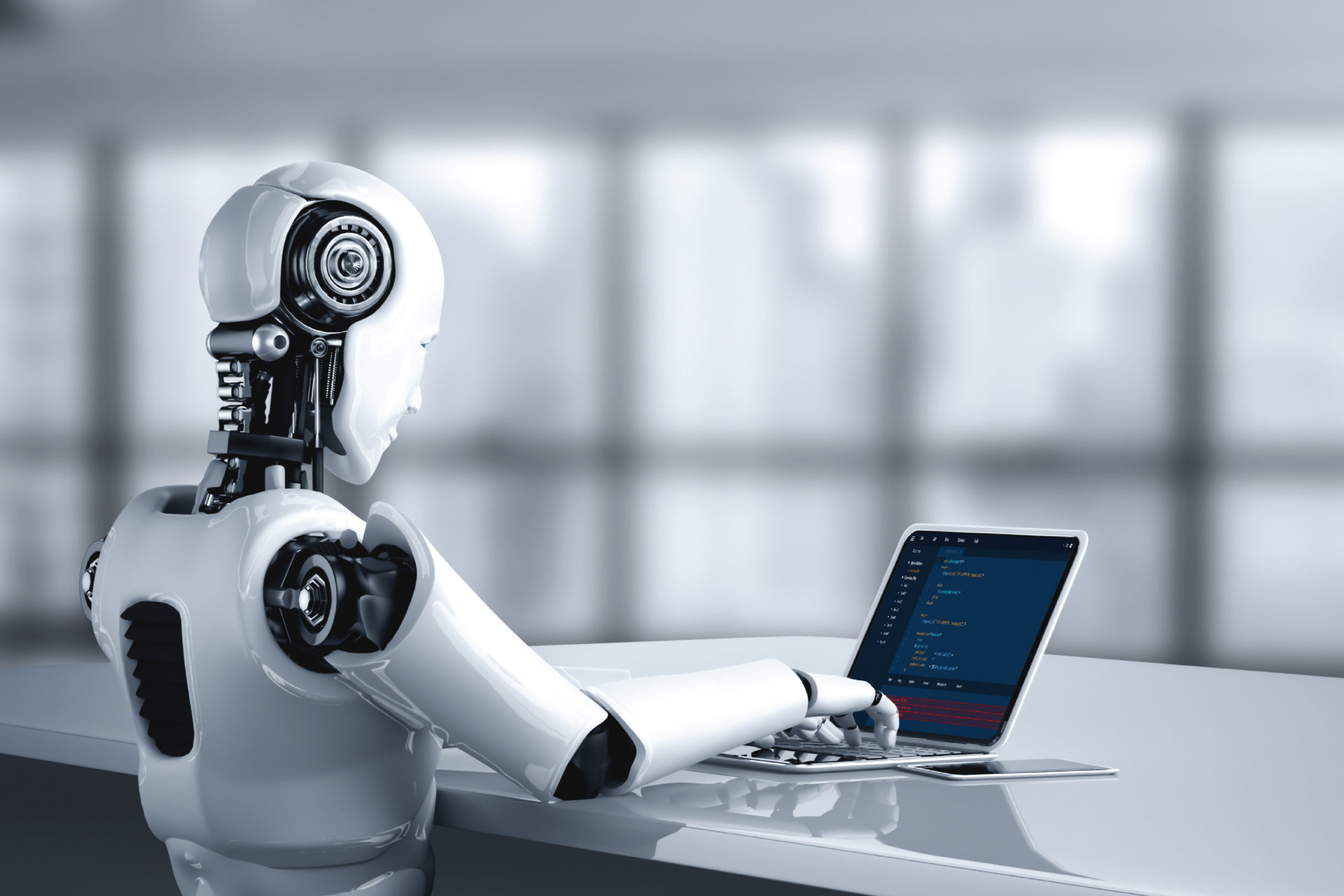Unveiling the Myth: Can AI Replace Software Engineers?
Meta Tags:
- AI vs Software Engineering
- Automation in Software Development
- Future of Software Engineering
- Job Security in Tech
- AI in the Workplace
- Evolving Technology Roles
Introduction
- Start with a strong hook: "The fear is pervasive: Will AI-powered machines soon write the code that puts software engineers out of work?
- Quickly pivot to reassuring the reader: This article seeks to understand AI's real capabilities, dispelling myths and envisioning a future where AI empowers developers.
Understanding the Role of AI in Software Development
- The Rise of AI in Tech (2.1): Briefly frame AI's impact across industries; focus on its unique strengths relevant to software development (pattern recognition, optimization).
- Automation's Evolution (2.2): Connect the dots: AI is the newest step in automation's long history within software development.
AI Tools and Software Development
- Code Generation and Auto-Debugging (3.1): Emphasize the practical: tools like GitHub Copilot already exist. Discuss their potential and limitations to manage expectations.
- AI-Based Testing and Quality Assurance (3.2): Highlight AI's power to augment testers (tireless test creation), but not replace their insight.
- AI-Enhanced Project Management (3.3): Keep this section short – AI's role here is less direct than in coding-related tasks.
Challenges and Limitations of AI in Software Engineering
- Creativity and Problem-Solving (4.1): Use a vivid example to show what AI struggles with – perhaps a software design problem requiring truly novel thinking.
- Ethical and Decision-Making Challenges (4.2): Cite a real-world example of an algorithm having unintended harmful consequences due to bias. This is where human oversight is essential.
- The Human Element in Collaboration (4.3): Software development is a team sport. Stress that AI has little to offer in terms of communication, empathy, and building consensus.
The Future Landscape: AI as a Collaborative Tool
- Augmenting Developer Capabilities (5.1): Phrase this positively – "AI as the software engineer's superpower." Provide scenarios where AI handles the grunt work, freeing developer time.
- New Opportunities and Skill Sets (5.2): Focus on the most actionable skills: understanding AI models (how to train them, how to assess their outputs), along with an ethical mindset for software design.
Conclusion
- Summarize core ideas: AI won't replace software engineers, but it will transform the job.
- Call to action: Urge readers to become AI-savvy and embrace continuous learning to stay ahead.
Changes and Considerations:
- Tone: Less purely informational, more engaging. Aim to spark curiosity, not just convey facts.
- Examples: Specific examples make concepts and limitations of AI come alive for the reader.
- Structure: Consider adding an FAQ-style section at the end to directly address readers' most common questions.
Let me know if you'd like help fleshing out any particular section!
Unveiling the Myth: Can AI Replace Software Engineers?
Meta Tags:
- AI vs Software Engineering
- Automation in Software Development
- Future of Software Engineering
- Job Security in Tech
- AI in the Workplace
- Evolving Technology Roles
Introduction
- Start with a strong hook: "The fear is pervasive: Will AI-powered machines soon write the code that puts software engineers out of work?
- Quickly pivot to reassuring the reader: This article seeks to understand AI's real capabilities, dispelling myths and envisioning a future where AI empowers developers.
Understanding the Role of AI in Software Development
- The Rise of AI in Tech (2.1): Briefly frame AI's impact across industries; focus on its unique strengths relevant to software development (pattern recognition, optimization).
- Automation's Evolution (2.2): Connect the dots: AI is the newest step in automation's long history within software development.
AI Tools and Software Development
- Code Generation and Auto-Debugging (3.1): Emphasize the practical: tools like GitHub Copilot already exist. Discuss their potential and limitations to manage expectations.
- AI-Based Testing and Quality Assurance (3.2): Highlight AI's power to augment testers (tireless test creation), but not replace their insight.
- AI-Enhanced Project Management (3.3): Keep this section short – AI's role here is less direct than in coding-related tasks.
Challenges and Limitations of AI in Software Engineering
- Creativity and Problem-Solving (4.1): Use a vivid example to show what AI struggles with – perhaps a software design problem requiring truly novel thinking.
- Ethical and Decision-Making Challenges (4.2): Cite a real-world example of an algorithm having unintended harmful consequences due to bias. This is where human oversight is essential.
- The Human Element in Collaboration (4.3): Software development is a team sport. Stress that AI has little to offer in terms of communication, empathy, and building consensus.
The Future Landscape: AI as a Collaborative Tool
- Augmenting Developer Capabilities (5.1): Phrase this positively – "AI as the software engineer's superpower." Provide scenarios where AI handles the grunt work, freeing developer time.
- New Opportunities and Skill Sets (5.2): Focus on the most actionable skills: understanding AI models (how to train them, how to assess their outputs), along with an ethical mindset for software design.
Conclusion
- Summarize core ideas: AI won't replace software engineers, but it will transform the job.
- Call to action: Urge readers to become AI-savvy and embrace continuous learning to stay ahead.
Changes and Considerations:
- Tone: Less purely informational, more engaging. Aim to spark curiosity, not just convey facts.
- Examples: Specific examples make concepts and limitations of AI come alive for the reader.
- Structure: Consider adding an FAQ-style section at the end to directly address readers' most common questions.
Let me know if you'd like help fleshing out any particular section!




Name ce
ReplyDelete